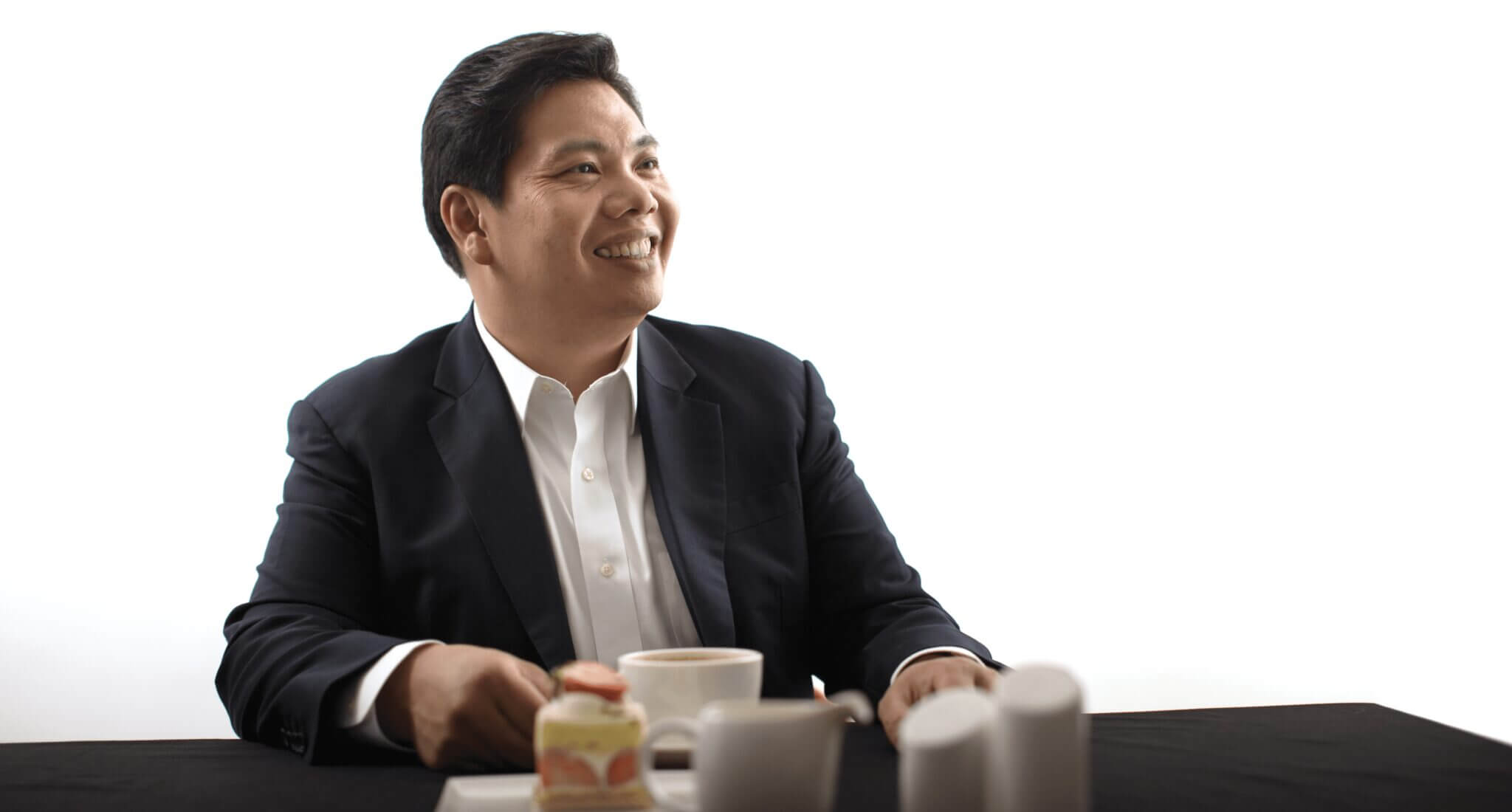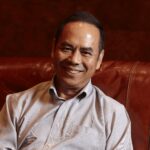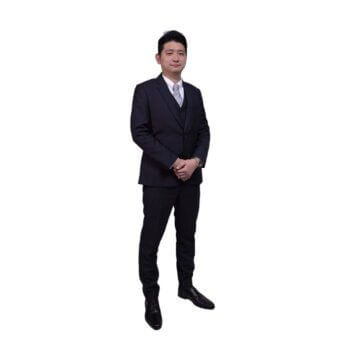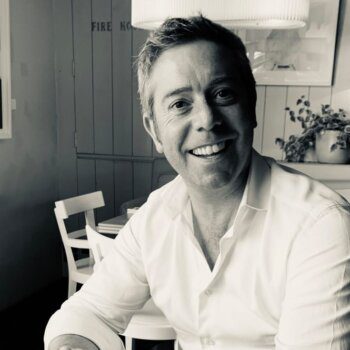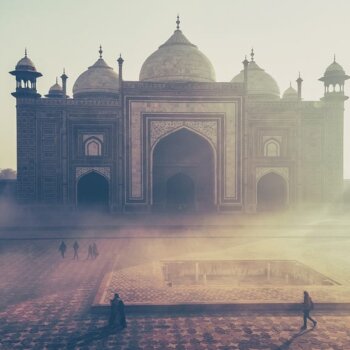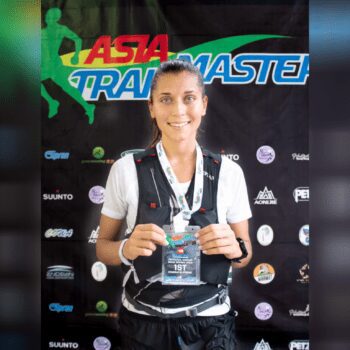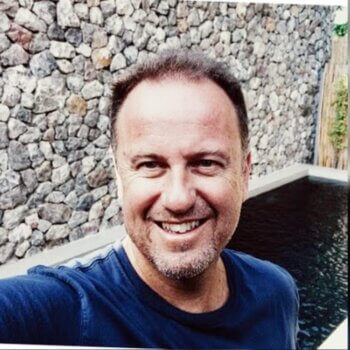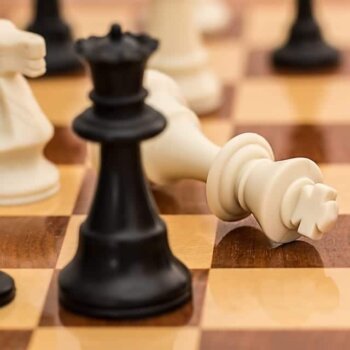Singapore’s “Buffet King”, Mr Neo Kah Kiat, PBM. is the Founder, Chairman and CEO of Neo Group Limited.
Since its beginnings in a shared kitchen in Joo Chiat spanning 2000 sqft, Mr Neo envisioned his catering business to eventually become the Number One catering company in Singapore. To do so, he armed himself with a revolutionary vision for the food catering business – that it must never compromise on Excellent Food, Speedy Service and Impeccable Set-up. These qualities remain the cornerstones of his business today.
Today, Neo Group Limited is the industry leader in food catering in Singapore. Started in 1992 with only eight employees, the Group has swiftly expanded in offerings and scale to the industry’s largest, an award-winning, 1,100-man strong organization. Neo Group is also one of the most recognised brand names in Singapore. The Group is ranked by Euromonitor as the Number One events caterer in Singapore, a feat achieved since 2011. Other recent prestigious accolades include the Singapore Quality Class 2014, Singapore Productivity Award 2014, Singapore Prestige Brand Award 2014 and Influential Brand Award 2015. In 2014, the Group began its operations at its centralized kitchen at No. 1 Enterprise Road, consolidating operations under the Group in its new 76,000 sqft premises.
At the tender age of 12, Mr Neo aspired to be a businessman, even though he did not know what it takes to be a businessman. He was brought up in a humble family and stayed in a three-room flat with five other family members. He was determined to lift his family out of poverty and take charge of his future, armed only with an exceptionally astute acumen for business opportunities.
While he did well academically, often topping his class during his to be an entrepreneur. Eager to achieve his dreams, he quit school after two weeks in Secondary 3, to fulfill his National Service duties.
From selling otah in school to starting a company in second-hand electronics after completing his National Service, Mr Neo is a self-taught and self-made entrepreneur. He decided right from the start that a business was more than just a profit-making entity – the company culture has to have the right values and ethics. That has set the tone for Neo Group even today – with Honesty and Generosity forming the cornerstones of many initiatives and activities of his businesses. This philosophy resonates with the Group’s active Corporate Social Responsibility efforts to give back to the local community. The Group has participated in numerous charity and community events, contributing through cash donations, donations in kind and staff participation.
His interest in food catering started after he completed National Service. The food catering industry was in its infancy with few players, offering very limited options for customers – orders had to be made weeks in advance, the caterers would pick and choose to deliver only to limited areas, and the food was sometimes cold and of sub-par quality. Mr Neo saw the immense potential for delivering prepared food to families during special occasions, and set out to revolutionise the industry and change public mindsets. In the cut-throat food industry, from Day 1 he knew that superior quality would sustain the business.
Mr Neo is a hands-on entrepreneur who led by example and spared no efforts in ensuring top quality and innovation in the company’s products. He spent 12 years in the kitchen, developing recipes such as the Neo Garden’s Signature Curry Chicken (which took him nine months to develop the recipe). Till today, he continues to take a strong interest in on-going product R&D. He believed that the emphasis on quality would establish not only his business, but also set a leading example to improve and raise the stature and professionalism of the whole industry. Today, food catering is a recognized industry on its own, as Neo Group continues to pioneer practices which are keenly followed and emulated by industry players.
Times were difficult then as he slogged for 18-hour work days, and at the start, business was slow. He brought in one week’s worth of revenue after working for two months. Still, he persevered. The highly principled man cares deeply for and puts his employees first even during the initial difficult period – borrowing money at one stage in order to pay for his staff’s salaries and bonuses. He remains focused on staff development and welfare today.
With his fingers firmly on the pulse of the potential of the food catering industry, Mr Neo’s success was partly due to his ability to forecast and predict future demand, and take on a trend-setting first mover role. In 2004, Mr Neo expanded Neo Garden Catering into bigger premises of 7,600 sqft. At the same time, he took the learnings from the now mature Neo Garden brand and launched a new Halal arm, Deli Hub Catering. Today, the brand serves Halal certified dishes to corporate events, schools, as well as household celebrations.
The philosophy for serving food that will benefit customers, as well as Singapore’s strong demand for Japanese food, spurred Mr Neo to introduce a chain of Japanese quick service restaurants, umisushi. With this addition, Mr Neo introduced in Singapore the concept of a Japanese food chain that served affordable and high quality Japanese food. It proved to be a winning formula as umisushi today has expanded to 25 outlets island-wide, and an additional outlet in Jakarta. The Food Retail business also expanded to include NANAMI UDON, a retail concept focused on udon and tempura and issho izakaya, a Japanese drinking and dining establishment.
In 2008, Mr Neo took on the mid- to high-end market by setting up Orange Clove Catering. Today, Orange Clove is the top choice when it comes to corporate catering, with many achievements such as Winterhalter’s Outstanding Caterer of the Year in 2015. In Mr Neo’s entrepreneurial journey, there were trying moments such as the fire that happened in his main kitchen in 2007. The unfortunate event happened just two weeks shy of Chinese New Year, the peak period of the catering industry. The blaze that lasted from 2am to 4am resulted in a heavily damaged and flooded kitchen. Showing great presence of mind, Mr Neo quickly rescheduled his business operations to other available kitchens and arranged for immediate repairs. By the third day, having spent a few hundred thousand dollars, Mr Neo managed to reinstate his business operations back to normal and armed with a strict mindset of never failing customers.
Other significant achievements include listing Neo Group Limited in 2012, and expanding the premises by 10-fold to 76,000 ft with a semi-automated centralized kitchen, one of the largest in Singapore. As orders grew to up to 1000 orders a day, Mr Neo sought to bring stability and quality assurance through strategic M&A, joint ventures and partnerships, from renowned confectionery brands Choz and Fu Yuan to its latest high-profile acquisition of Thong Siek Holdings, a leading manufacturer, distributor and retailer of surimi-based seafood products, including highly popular household brand DoDo Fish Ball, with an international presence in 22 countries.
Mr Neo’s varied interests and strong business sense goes beyond food catering. To tap on the rise in appetites for luxury experiences, Neo Group launched a yacht chartering service Neo Yacht in 2012 and I DO Flowers & Gifts in 2014.
As these milestones are checked, Mr Neo’s vision of a food empire beyond S$1 billion, comprising a fully integrated value chain of food manufacturing, supplies, catering and retail, is coming into fruition.
Neo Kah Kiat is a winner of the Asia Pacific Entrepreneurship Awards 2015 Singapore, under the Outstanding Category. The Awards were held on 14th August 2015 at Singapore Marriott Tang Plaza Hotel.
